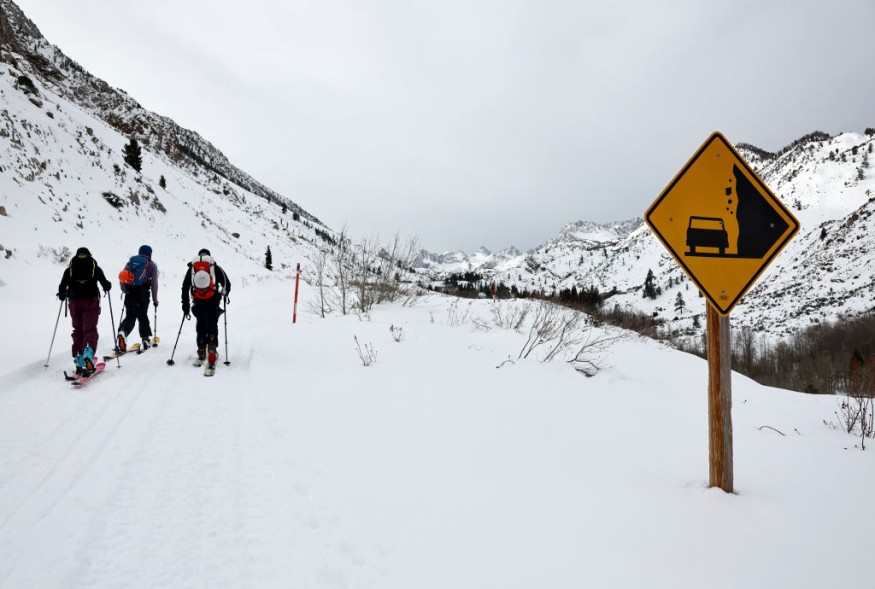
The ski industry in Australia faces significant challenges and reduced seasons if the current degree of climate pollution persists.
Shorter Ski Season
According to new modeling from Protect Our Winters Australia (POW) and the Australian National University (ANU), in a scenario with mid-level greenhouse gas emissions by 2050, the average ski season in all Australian resorts would be 44 days shorter, and in a scenario with high emissions, it would be 55 days shorter.
It also shows that even in the face of a sharp loss in snowfall under mid- and high-emissions scenarios, the Australian snow industry would fare significantly better if prompt action is taken to lower climate pollution in line with a low-emissions scenario this decade.
The ski season would be 28 days shorter in a low-emissions scenario by 2050 before beginning to lengthen by 2080 if emissions are maintained at current levels.
The researchers contend that some ski resorts run the risk of permanently closing if immediate climate action is not taken.
According to Ruby Olsson, an ANU researcher and co-author of the report, support measures are required to help ski resorts remain resilient in the face of climate change and to assist the communities that depend on the Australian Alps, in addition to quickly phaseing out fossil fuels and adopting renewable energy systems like wind and solar.
Olsson said support is needed for vulnerable resorts in order to diversify the year-round tourism. She said this could include a coordinated approach between state governments, adding that it will be assisted by the Australian Alps Liaison Committee or Australian Alps Ministerial Council in order to support those ski resorts that are mostly at risk.
The researchers said the more greenhouse gas emissions that can be cut to mitigate the effects of climate change, the more affordable adaptation for communities, businesses, and the environment will be, and the more options we will have.
The likelihood of a resort closing or a species going extinct rises with time. Resort extinctions and closures are hard or impossible to reverse. In light of this, this decade is crucial for implementing swift climate action.
Sam Quirke, Director of Protect Our Winters Australia and Lead Advocate, stated that the previous year's ski season was difficult due to low snowfall and early resort closures. This study indicates that, unless we take action to mitigate the effects of global warming on ski seasons, we will witness this occurring more regularly.
Dependent On The Australian Alps
The researchers stressed that Australia's agricultural demands and water security depend on the condition of the Australian Alps.
The study states that the Murray-Darling Basin receives 9,600 gigaliters of water annually on average from snow-melt water runoff, or around 29% of the basin's total annual flows. In addition, through ecological changes, climate change will indirectly lower watershed output in the Australian Alps by 5% to 24% by 2050.
The native plants and animals that live in the Australian Alps are already feeling the effects of climate change, according to co-author Professor Adrienne Nicotra of ANU, who is also the director of the Australian Mountain Research Facility.
Professor Nicotra said that there is a need for investment that will bring together mountain scientists, policymakers, resort owners, and Alpine communities to map out a plan. There is also a need for a plan that will keep fossil fuels in the ground to prevent devastating climate change.
Related Article : New Ski Season Expected as Winter and Snow Conditions Emerge
© 2025 NatureWorldNews.com All rights reserved. Do not reproduce without permission.





